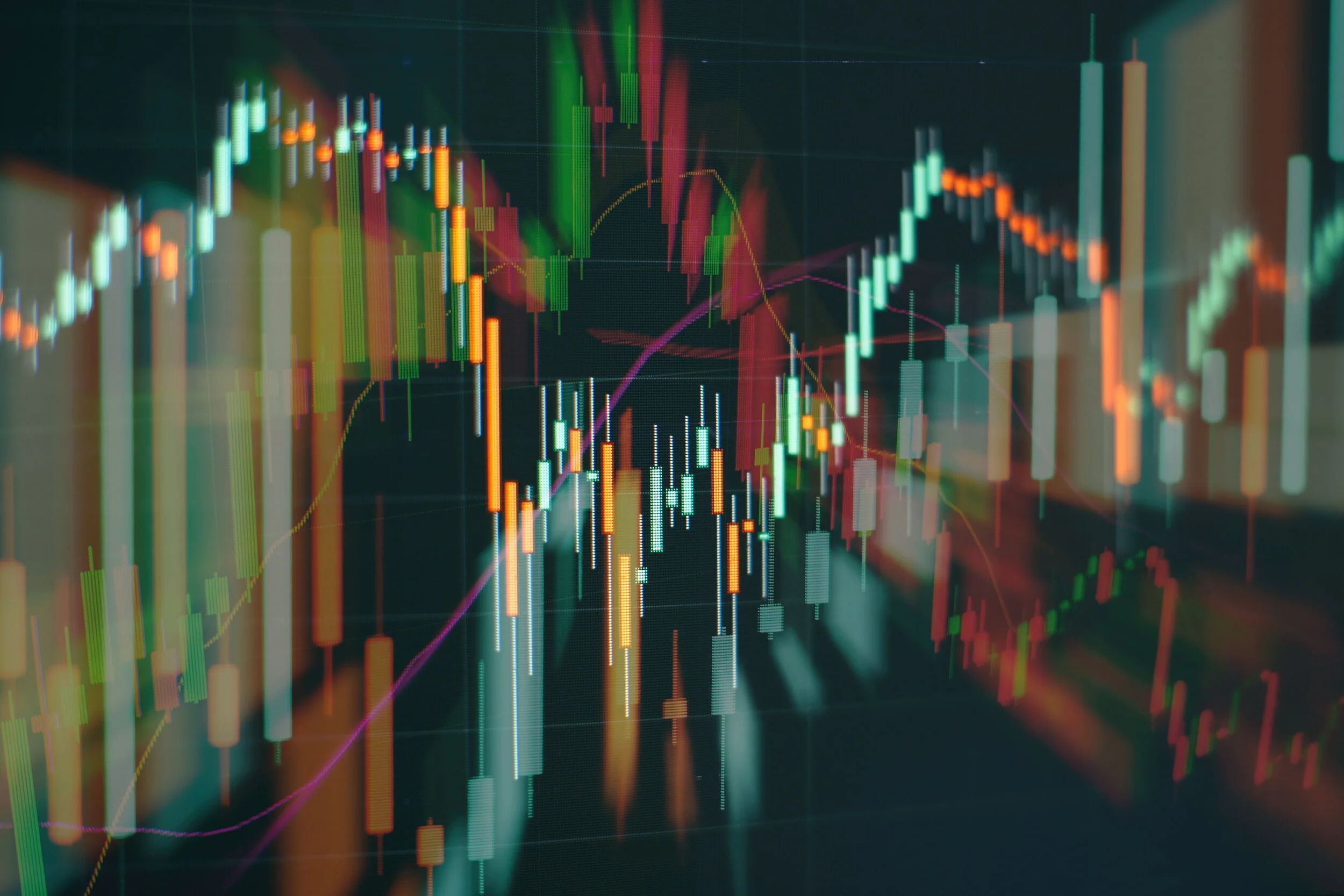Much of August was dominated by big indexes, which in turn have become dominated by big stocks, soaring to new highs. Under the surface, a lot of oddities have been bubbling, but to no effect. To a near-record degree in August, indexes were hitting highs despite more stocks in those indexes declining rather than advancing, leading to a nearly unprecedented split between different sectors (think tech vs. travel) of the stock markets, and even between indexes and their own underlying stocks.
One of the biggest stories in markets over the past few days has been the unveiling of Softbank as a large buyer of call options (a call option is a leveraged bet on rising prices over a short time frame) on a few big tech stocks. But, we also saw why it's not really the true story at all. It's easy to package and sensationalize a simple narrative that a single huge entity has been buying a bunch of calls (and indirectly, stocks). The more accurate story is that small, individual investors are driving these stocks higher, not Softbank.
I used data from a research firm to only look at trades for 10 options contracts or fewer. These are orders by the average stay-at-home gambler. And last week's volatility didn't discourage them, it did the exact opposite. In fact, they added to their bullish bets!
For trades of fewer than 10 contracts, 53% of total volume went into buying new positions in call options. That's a record high going back to 2006.
These small traders have become the biggest part of the options market. Since mid-July, trades for 10 contracts or fewer have consistently accounted for more than 60% of all opening call purchase premiums, massively dwarfing larger trade sizes.
For trades for under 50 contracts, we can see how spectacular their activity has become.
Because options prices have become more expensive in recent weeks - an extremely unusual condition in a rising stock market - these call buyers have spent an ever-increasing amount for their bets, so that the premiums paid for their speculative calls has truly gone parabolic. Last week alone, retail traders spent more than $16.5 billion on these lottery tickets.
This has a multiplicative effect in the underlying stocks under certain conditions, explained in detail by Benn Eifert. He posted a Twitter thread explaining how a buyer of Amazon call options can trigger an avalanche of buy orders on the underlying stock, causing an effect many times greater than the implied leveraged of the options.
When someone buys a call option to open, somebody else has to agree to the other side of that contract and sell it to them. When they sell a call option to open, they're at risk of losing money if the stock price rises. To hedge against that upside risk, they buy the underlying stock, driving the price even higher.
Traders taking the other side of opening options contracts constantly juggle their exposure, and most of the time it has little to no impact on the underlying stocks; it just one more of a thousand different influences. Once every couple of years, though, there seem to be short periods when traders suddenly expand their options presence, and the underlying dynamics are enough to influence the entire market.
Over the past four weeks, retail traders have (very roughly) generated a net $472 billion amount of exposure to call options, accounting for nearly 1.7% of the S&P 500's entire market cap. In reality, their leverage, given dramatic jumps in volatility premiums over the past two weeks, was likely much, much higher. Trading was focused in only a handful of stocks, and it was concentrated in soon-to-expire contracts.
This means that in the coming weeks, most of these contracts are going to expire, exposing traders who bought the underlying stocks as a hedge. Unless they sell - and that's a lot of stock to sell. Clearly, there is some underlying "natural" demand for stocks, especially with interest rates essentially pegged at 0%. The big question is whether on a shorter-term time frame it will be enough to absorb what is likely going to be a big chunk of "unnatural" supply.
Could you use insights on how to effectively invest these days? Please reach out to us any time. We’d be delighted to help you invest in a portfolio tailored to your particular desires and circumstances.
Be well!



